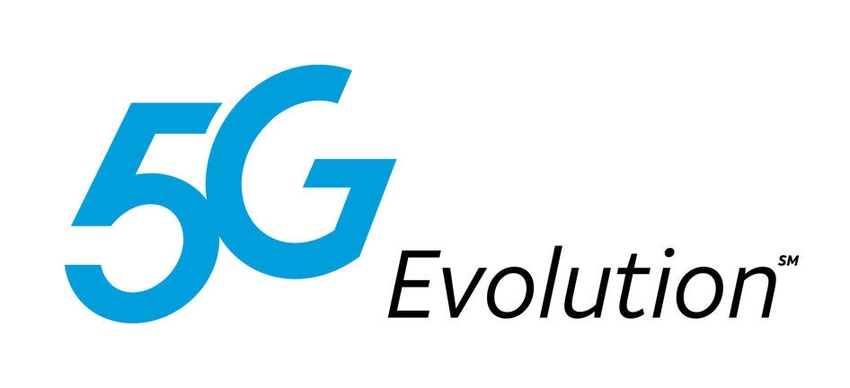AT&T has been making waves in the industry after a less than enthralling quarterly earnings call and a suspect advertising campaign stretches the boundaries of truth.
April 26, 2017

AT&T has been making waves in the industry after a less than enthralling quarterly earnings call and a suspect advertising campaign stretches the boundaries of truth.
To make up for a mundane performance over the first quarter, it would appear AT&T has stooped to what some would describe as misleading information, while others would call it an outright porky pie. The latest effort to discourage the steady flow of exiting customers has been to launch its “5G Evolution” offering in Austin, which appears to be another go at marketing semantics which has plagued the telco industry for some time.
“Our 5G Evolution in Austin gives our customers a taste of the future,” said David Christopher, CMO at AT&T Entertainment Group. “With 5G Evolution from AT&T you don’t have to wait to experience endless entertainment possibilities on the next generation network when you have the latest devices.” There’s even a Utopian video showing how great everything is going to be, which you can see below.
AT&T has not actually promised 5G services to the customer, but 5G Evolution services, which promise speeds ‘up to’ twice as fast as current 4G performance. It’s a lot of market confusion thrown into one pot. The inclusion of ‘Evolution’ removes the idea of directly false advertising, and the ‘up to’ condition doesn’t really promise anything whatsoever. Your correspondent could promise the Editor ‘up to’ 20 articles a day, but that leaves a lot of breathing room.
At best, we’re seeing a roll out of LTE-Advanced across the AT&T network, something which T-Mobile has been making use of for the last couple of months. Perhaps the pressure of the competitive wireless market in the US is beginning to tell on the AT&T marketing department and maybe this will only be the first of numerous dubious marketing campaigns. In a couple of months’ time we might see the rise of ‘5G Getting there’ and ‘5G Almost’ propositions, before the launch of ‘5G Finally’ when the technology is commercially viable.
Such nuances in advertising claims have been a go-to play for the telco industry for some time. The UK in particular has been plagued with the ‘up to’ rule for advertising speeds, where telcos can make a claim assuming 10% of customers experience the speeds. It’s no wonder no-one believes what they see on TV or read in the papers anymore.
When you look at the financials, the reason for the dodgy advertising become more apparent. T-Mobile is running riot in the US market, with Verizon and AT&T copping the short end of the stick. Over the course of the first quarter, total revenues dropped 3% to $39.4 billion compared to $40.5 billion, with operating income at $6.9 billion versus $7.1 billion during Q1 2016. The team also lost 191,000 postpaid customers across the period, presumably to T-Mobile, which appears to be the only telco having a happy time at the moment.
The news tops off a week to forget for AT&T, after Straight Path Communications revealed its attempted $1.6 billion acquisition has been topped by a mystery nuisance. AT&T now has five days to battle the unknown foe, or face losing Straight Path’s portfolio of millimetre wave (mmWave) spectrum, including the FCC 5G approved 39 GHz and 28 GHz licenses.
They say bad things come in threes so perhaps AT&T is due some good news next week.
About the Author(s)
You May Also Like








.png?width=300&auto=webp&quality=80&disable=upscale)


_1.jpg?width=300&auto=webp&quality=80&disable=upscale)


.png?width=800&auto=webp&quality=80&disable=upscale)